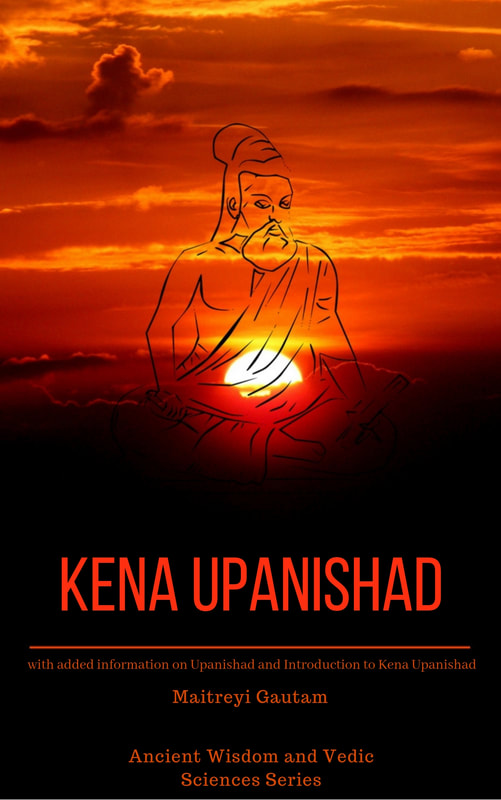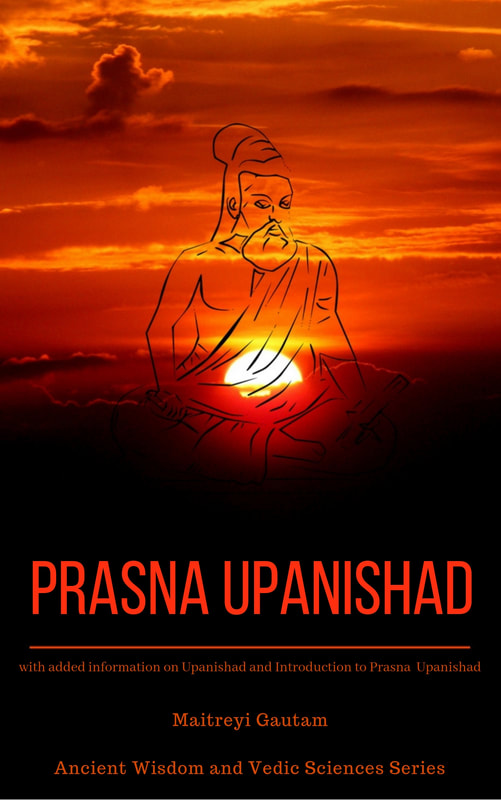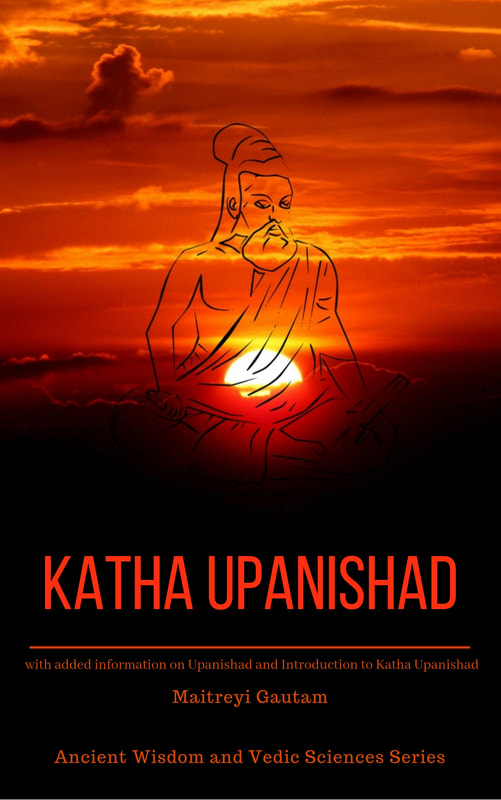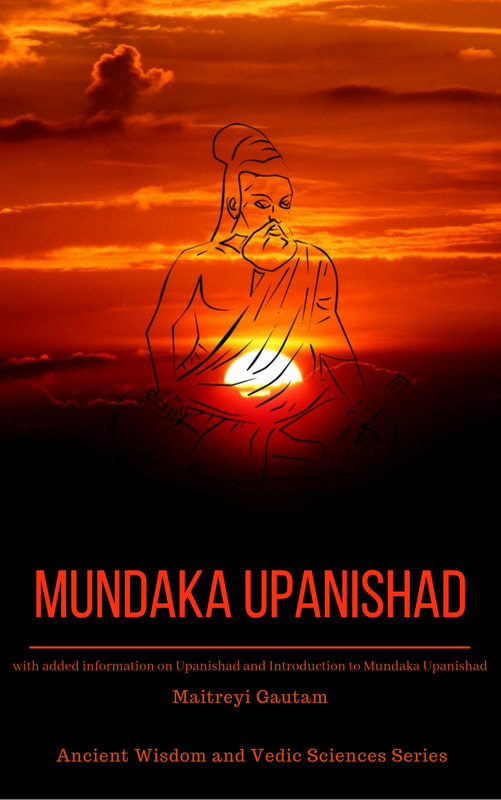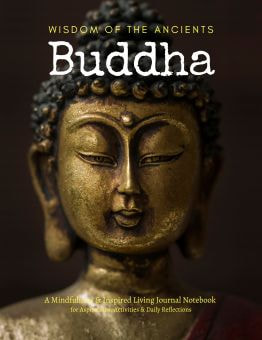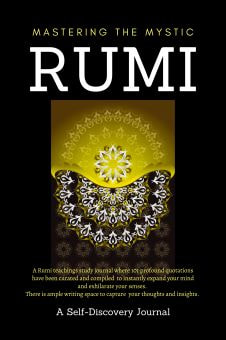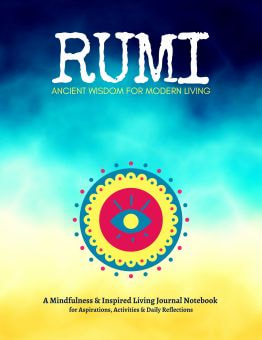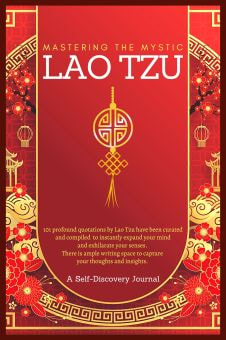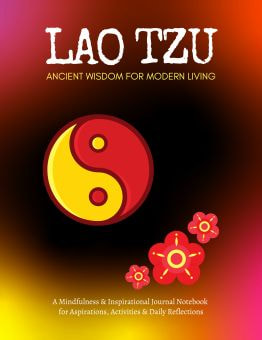Rishi Panchami is a significant Hindu festival observed primarily by women on the fifth day (Panchami) of the Shukla Paksha (bright fortnight) in the Hindu month of Bhadrapada. The day is dedicated to the commemoration and veneration of the Sapta Rishi, or the Seven Great Sages, in Hindu tradition. These sages are Kashyapa, Atri, Bharadwaja, Vishvamitra, Gautama Maharishi, Jamadagni, and Vasishtha.
Here is a deeper look into the significance of Rishi Panchami:
In essence, Rishi Panchami is not merely a religious festival but is also intertwined with social and environmental dimensions. Through its rituals, stories, and observances, Rishi Panchami serves as a reminder of the profound wisdom of ancient sages, the sanctity of life, and the importance of self-purification and atonement.
Here is a deeper look into the significance of Rishi Panchami:
- Expiation of Sins: The main objective behind observing Rishi Panchami is to seek forgiveness for sins committed knowingly or unknowingly. It is believed that by observing certain rituals on this day, one can cleanse themselves of their past sins.
- Rituals and Practices: Women, especially married ones, undertake a rigorous fast and perform rituals that involve bathing with red mud and the root of the sacred Datiwan bush, followed by a ceremonial worship of the Sapta Rishi. This ritual bath is believed to purify one's body and soul.
- Legend of Rishi Panchami: The significance of Rishi Panchami is also tied to a legend about a woman named Sudeha and her sister-in-law. Sudeha's husband was deeply devoted to her, which made her jealous sister-in-law curse him. To alleviate the curse, Sudeha performed penance and observed the rituals of Rishi Panchami, highlighting the festival's power to cleanse and purify.
- Veneration of Sages: The Seven Great Sages, or Sapta Rishi, are revered in Hindu tradition for their wisdom, asceticism, and contributions to ancient scriptures and Vedic literature. Rishi Panchami is a day to honor and remember these sages for their invaluable teachings and spiritual guidance.
- Social Aspect: In some communities, Rishi Panchami also serves as a day when women, especially those in their menstrual cycle, are absolved of the social restrictions traditionally placed upon them during menstruation. The day thus provides an opportunity for reflection and understanding of women's health and societal norms.
- Connection to Nature: The usage of red mud and the Datiwan bush root in the ritualistic bath signifies the deep connection between human life and nature, emphasizing the importance of coexistence and reverence towards all natural elements.
In essence, Rishi Panchami is not merely a religious festival but is also intertwined with social and environmental dimensions. Through its rituals, stories, and observances, Rishi Panchami serves as a reminder of the profound wisdom of ancient sages, the sanctity of life, and the importance of self-purification and atonement.












